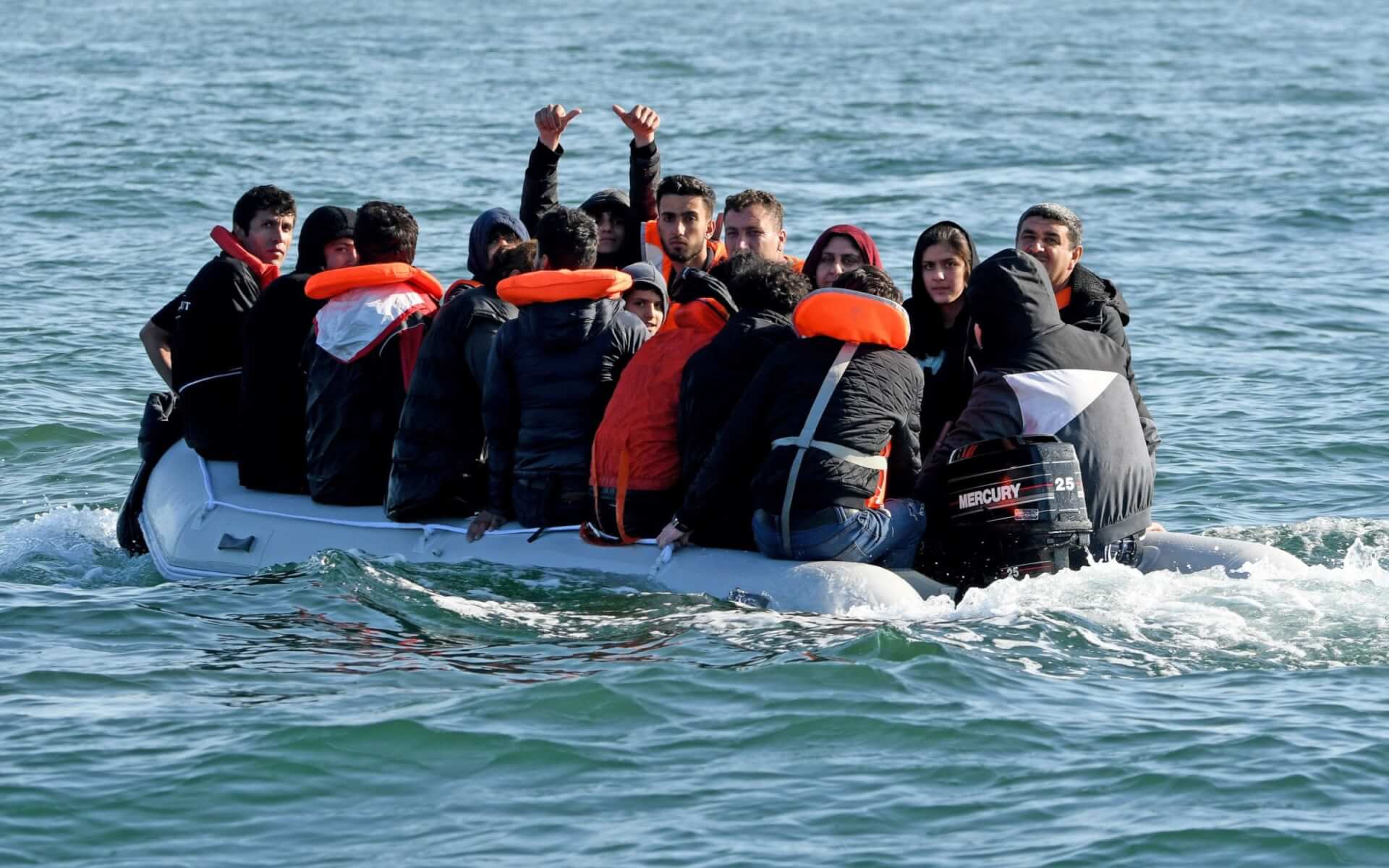The United Kingdom (UK) and France have agreed to collaborate in their efforts to deter migrants from entering the UK after crossing the English Channel. Chris Philip, the UK’s Immigration Minister, said that the two countries were working on formulating a “joint operational plan, a revised, new operational plan, with the objective in mind of completely cutting this route”. Following a meeting with French authorities to discuss the issue, Chris Philip said, “We have affirmed our unshakeable shared commitment to making sure this route of crossing the channel is made unviable.” He, however, did not disclose the exact components of the said plan.
Previously, British officials have urged France to ramp up its efforts to stop migrants from crossing over to the UK. However, on Tuesday, Philips admitted that French authorities were responsible for “a great deal of work” and had stopped over 1,000 such migrants this year alone. Nevertheless, he said that it was evident that “more needs to be done and that is exactly what this new comprehensive action plan” will do. He further said that there was no need for the migrants to crossover from France to the UK, as France was equally safe. He blamed “ruthless criminal gangs” for capitalising on the vulnerability of the migrants and misleading them into “unnecessarily” travelling to the UK.
The joint effort has been in response to the sudden surge in migrants crossing over from France to the UK via the English Channel. This has been attributed to the “favourable weather conditions” over the past few days, which has revived efforts by “people smugglers” to encourage migrants to travel across the Channel in dinghies and other flimsy vessels. This year, around 4,000 migrants, mainly from conflict-prone areas in Asia and Africa—including Yemen, Egypt, Sudan and Iraq—have crossed over from France to the UK. In August alone, over 650 individuals have arrived in the UK. These migrants include unaccompanied children, babies, and pregnant women. On Monday, 20 such migrants from Syria were intercepted by British officials.
Various British leaders have spoken out against the influx of migrants through the Channel. The UK’s Prime Minister, Boris Johnson, said that once they reached the UK, “it is very, very difficult to then send them away again even though blatantly they’ve come here illegally”. British leaders often blame the “Dublin regulations,” the European Union’s asylum laws, for the migrant mess in their country. British critics of the European law believe the law to be poorly framed, therefore permitting abuse. The UK is compelled to follow these regulations through its 11-month Brexit transition period, which is scheduled to end in January 2021.
According to the EU law, the UK cannot send back the asylum-seekers who are minors or have families in the UK. The UK can file an application to send back the asylum-seekers to France only until January. Following this, the member states of the EU, including France, will no longer be obligated to accept the UK’s request to take back the asylum-seekers. Hence, British efforts to urgently address the issue stems from the fear that once the transition period is over, member states of the EU could potentially block any transfer of asylum-seekers from the UK.
Therefore,Conservative British Members of Parliament are using this issue as an opportunity to advocate for stricter asylum laws. Additionally, in a highly controversial move that is said to be both impractical and extremely dangerous, Home Secretary Priti Patel said that the Royal Navy could potentially be deployed into the Channel to deter migrants from entering the UK.
France, UK Collaborate to Stop Migrants from Crossing the English Channel
This year, over 4,000 migrants have crossed the Channel to enter the UK from France.
August 13, 2020

SOURCE: TELEGRAPH
